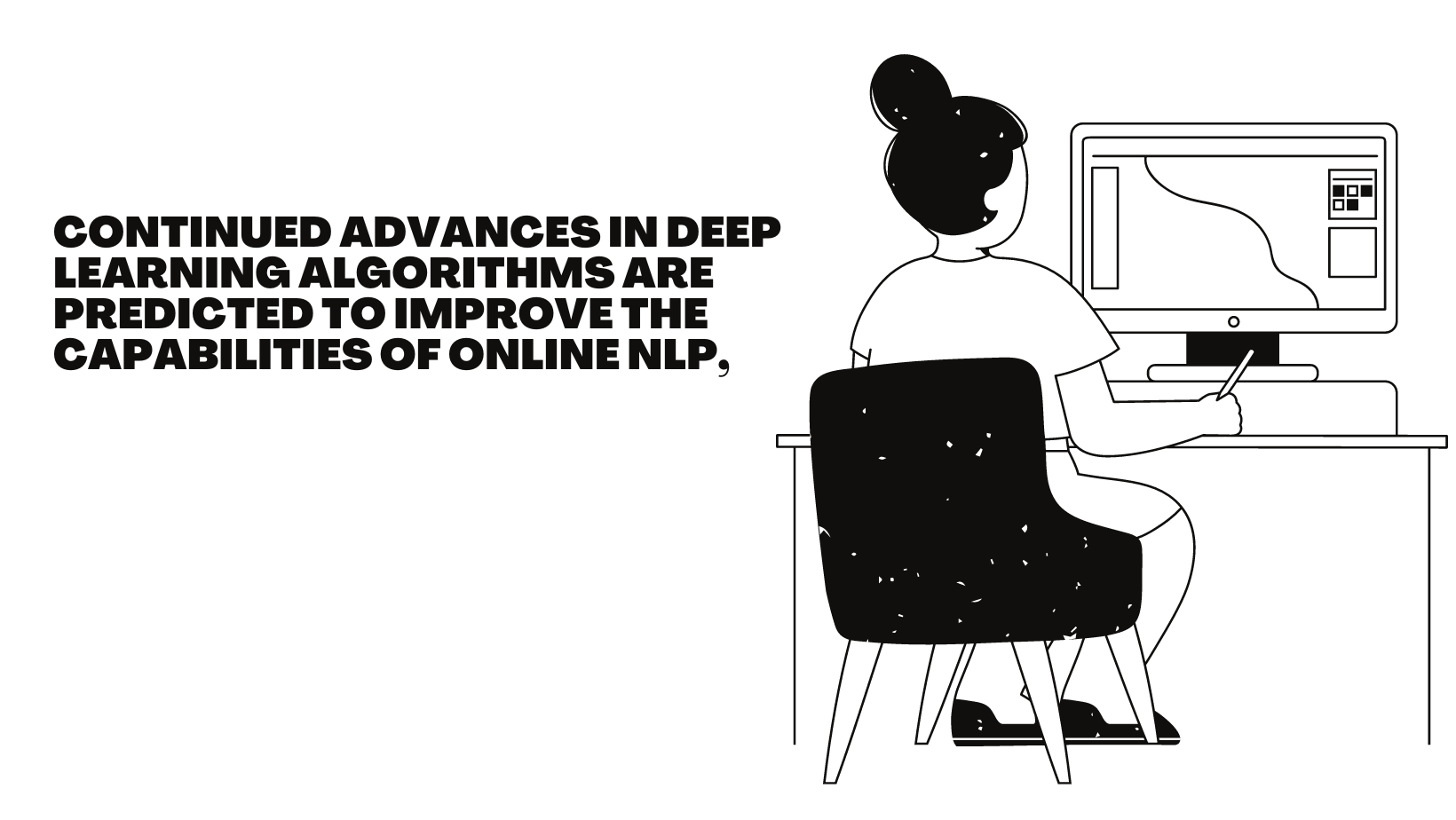
In the digital age Online NL , online Natural Language Processing (NLP) has developed as a powerful tool, transforming how we interact with technology and data. Online NLP has numerous uses, ranging from virtual assistants to language translation services, and its use is growing. This comprehensive tutorial will go into the field of online NLP, looking at its uses, advantages, obstacles, and future prospects.
Understanding Online NL: A Primer
What is Online NL?
Online Natural Language Processing (NLP) is the use of algorithms and computer approaches to analyze, understand, and synthesize human language in real time, particularly during online interactions.
Join Now : Online NL
The Evolution of Online Natural Language
From rule-based systems to deep learning approaches, the field of IT has seen tremendous developments over the years, allowing for more advanced and context-aware language processing.
Applications of Online NLP
Virtual Assistants
Virtual assistants like Siri, Alexa, and Google Assistant leverage it to understand user queries, perform tasks, and provide relevant responses, enhancing user experience and convenience.

Sentiment Analysis
Online natural language processing (NLP) allows organizations to evaluate customer feedback, social media posts, and online reviews to gauge sentiment, discover patterns, and make data-based decisions.
Online natural language processing (NLP) enables real-time translation of text and speech between languages, reducing language barriers and promoting global communication.
ChatBots and Customer Support
Chatbots with it P skills can have natural language interactions with users, giving personalized support, answering questions, and resolving difficulties around the clock.
Join Now : Online NL
Challenges and Limitations.
Ambiguity and context.
One of the most difficult issues in it is dealing with the ambiguity and context inherent in human language, which can lead to misinterpretation and errors in comprehension.
Data Privacy and Security
The huge amount of data processed by it poses privacy and security problems, necessitating the implementation of strong safeguards to protect sensitive information Online natural language processing (NLP) enables real-time translation of text and speech between languages, reducing language barriers and promoting global communication..
Bias and Fairness
It systems may be biased by the data on which they are trained, resulting in discrepancies and unfair outputs that must be carefully considered and mitigated.
Future Directions and Innovation

Advances in Deep Learning
Continued advances in deep learning algorithms are predicted to improve the capabilities of online NLP, allowing for more nuanced understanding and creation of human language Online natural language processing (NLP) enables real-time translation of text and speech between languages, reducing language barriers and promoting global communication..
Also Read :Trade with Confidence: IIFL Securities Trading Platform Insights
Smart Choices, Big Returns: HDFC Securities Strategies
Maximize Your Potential: A Guide to Kotak Securities Margin Trading
Navigating Markets with ICICIdirect Research Reports
Navigate the Markets with Confidence: HDFC Securities Trading Platform Tips
Multimodal NLP
The incorporation of visual and aural inputs, as well as textual data, into it systems holds the promise of richer and more contextually aware interactions in a variety of applicationsOnline natural language processing (NLP) enables real-time translation of text and speech between languages, reducing language barriers and promoting global communication.
Join Now : Online NL
Ethical and Responsible AI.
As it becomes more widely used, there is a greater emphasis on building ethical and responsible AI procedures to ensure transparency, accountability, and justice in its implementation.
Conclusion
Online Natural Language Processing (NLP) has revolutionized our interactions with technology, allowing for seamless communication, tailored experiences, and data-driven insights. Despite obstacles, the future of It is bright, with ongoing innovation and ethical considerations propelling its progress.
Frequently Asked Questions
Q. What industries benefit most from online NLP?
A.It finds applications across various industries, including healthcare, finance, e-commerce, and education, among others.
Q. How does online NLP contribute to personalized user experiences?
A. By understanding user preferences, behaviors, and language patterns, online NLP enables personalized recommendations, content curation, and targeted marketing strategies.
Q. Are there any privacy concerns associated with online NLP?
A. Yes, the extensive use of data in it raises privacy concerns, highlighting the importance of data protection regulations and ethical practices.
Q. How can businesses mitigate biases in online NLP systems?
A. Businesses can mitigate biases by employing diverse datasets, conducting regular audits, and implementing fairness-aware algorithms in it systems.
Q. What role does it play in enhancing accessibility?
A.It facilitates accessibility by enabling voice-enabled interfaces, text-to-speech conversion, and language translation services, making digital content more inclusive and accessible to diverse audiences
